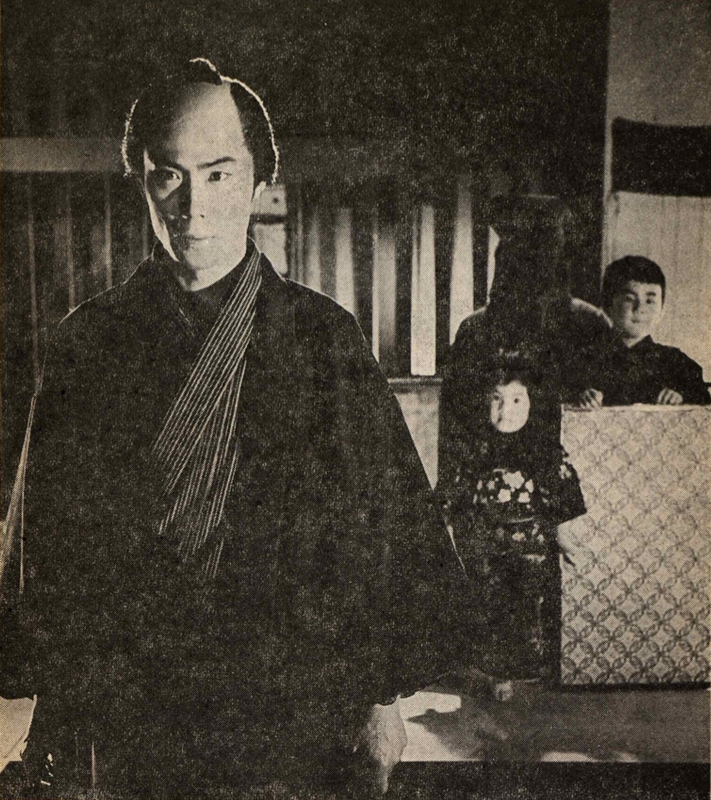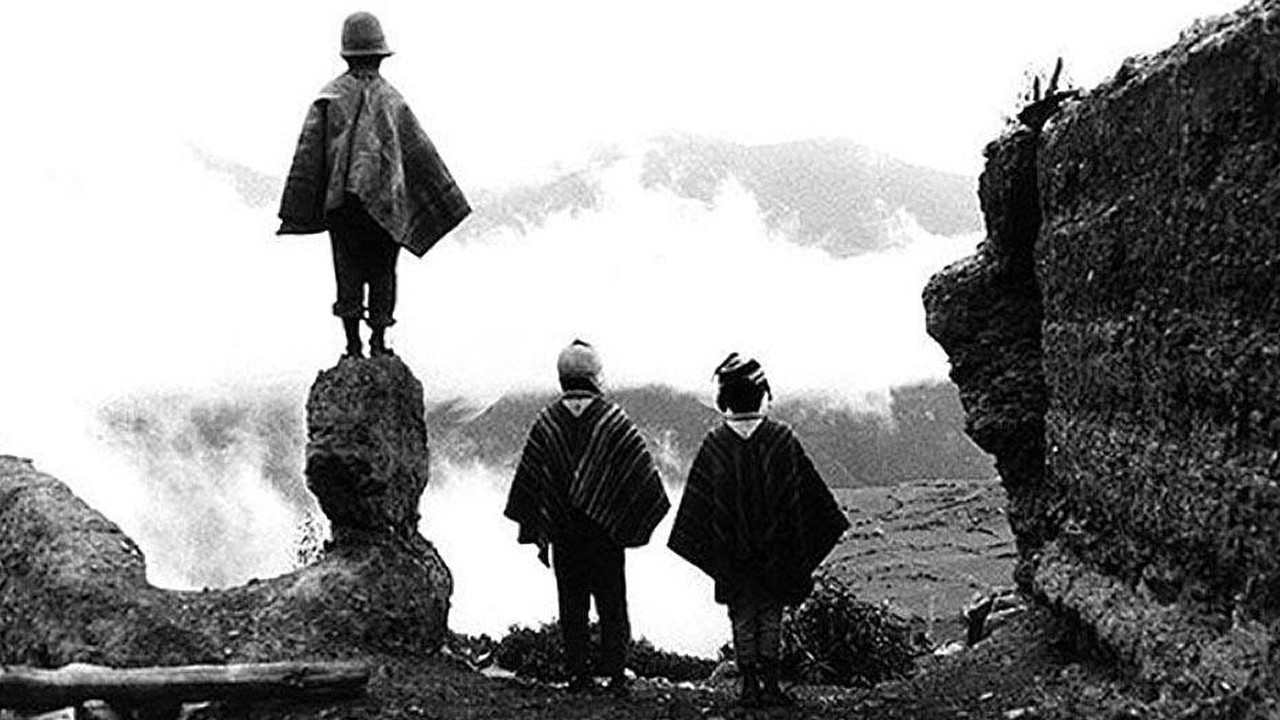“Bacchus gives us his blood so we may be born again.”Seconds (John Frankenheimer, 1966)
Nov
7
International Merlot Day

Nora (Salome Jens), seen from the back with her dress half unzipped, holds up a glass of red wine while kissing a reluctant Antiochus (Rock Hudson) during the ecstatic Bacchanal scene. DP: James Wong Howe.
At a bacchanalia, Rock Hudson's Antiochus Wilson finally strips down his hesitancy and realises he has a second chance at life, as a member of the new generation. To the Queen of wine! To Bacchus! To Pan!
Director of photography James Wong Howe's very controlled framing of the (initially censored) pre-Woodstock #Bacchanalian scene beautifully frames this pinnacle moment and proved almost too much for American censors.
1960s
“So where do we go from here?”O něčem jiném [Something Different] (Věra Chytilová, 1963)
Nov
3
Housewife Day

Věra (Věra Chytilová) looks out of a window. Everything is grey. DP: Jan Čuřík.
A housewife for (National) Housewife Day (USA)
In Věra Chytilová's O něčem jiném, parallel storylines, one filmed as a documentary the other as a fictional drama, of two women are shown.
– Eva
Olympic gymnast Eva (Eva Bosáková) undergoes a gruelling training regime. Housewife Věra (Věra Uzelacová) feels neglected by her husband. Both ruminate on a different life.
Mondo Hollywood: Hollywood Laid Bare! [Mondo Hollywood] (Robert Carl Cohen, 1967)
Nov
1
World Vegan Day

Lobby card. Proto-hippie Gypsy Boots (Robert Bootzin), here going ape over a banana, outshocks polite society with his vegan (or is this vegetarian?) mindset. In the background what appears to be a bed of nails. DP: Robert Carl Cohen.
Opens with Nature Boy and #garlic propagandist Gypsy Boots.
瘋癲老人日記 [Fūten rōjin nikki / Diary of a Mad Old Man] (Keigo Kimura, 1962)
Oct
29
World Stroke Day

Utsugi (Sō Yamamura) lusting after his daughter-in-law Sachiko's (Ayako Wakao) feet while she takes a shower. DP: Nobuo Munekawa.
みな殺しの霊歌 [Minagoroshi no reika / I, the Executioner] (Tai Katō, 1968)
Oct
26

A claustrophobically framed black-and-white shot of a man (Makoto Satō) handling chopsticks close to his face. DP: Keiji Maruyama.
The Leather Boys (Sidney J. Furie, 1964)
Oct
17
National Motorcycle Ride Day

Pete (Dudley Sutton) in his black leather tiger jacket waiting for Reggie (Colin Campbell). He leans against a window pane while Reggie drives up. It's raining and Reg is merely a blur. DP: Gerald Gibbs.
“I'm a volcano of ideas.”I pugni in tasca [Fists in the Pocket] (Marco Bellocchio, 1965)
Oct
15
soup

A smirking Alessandro (Lou Castel) pours soup with a ladle with his tired-looking mother (Liliana Gerace) observing. DP: Alberto Marrama.
– Alessandro
心中天網島 [Shinjū: Ten no Amijima / Double Suicide] (Masahiro Shinoda, 1969)
Oct
10
International Stage Management Day

Jihei (Kichiemon Nakamura ) and his children with a stagehand visible between them. DP: Tōichirō Narushima.
心中天網島 is based on a 1721 文楽 [#bunraku] puppet theatre play]. As traditional in this style of theatre, the puppeteers are in full view of the audience wearing all-black cloaks. 心中天網島 does the same, but substitutes the puppets with flesh and blood actors.
The puppeteers are 黒衣 [kuroko, litt. “black clad”, though there are colour variations depending on the scene's requirements], guiding the performers towards their destiny.
Yawar Mallku [Blood of the Condor] (Jorge Sanjinés, 1969)
Oct
9
Indigenous Peoples Day

Three Quechua men in ponchos and chullas seen from the back look out over the Anti (Andes). One of them stands on top of a large boulder. DP: Antonio Eguino.
“Bet you can't eat just one.”Dutchman (Anthony Harvey, 1966)
Oct
3
Mean Girls Day

Clay (Al Freeman Jr.) reading a newspaper and minding his business on a subway train home. Just arrived on his car is Lula (Shirley Knight) and her endless supply of apples. DP: Gerry Turpin.
The haunting retelling (beware of spoilers) of #Wagner's The Flying Dutchman.
– advertising slogan